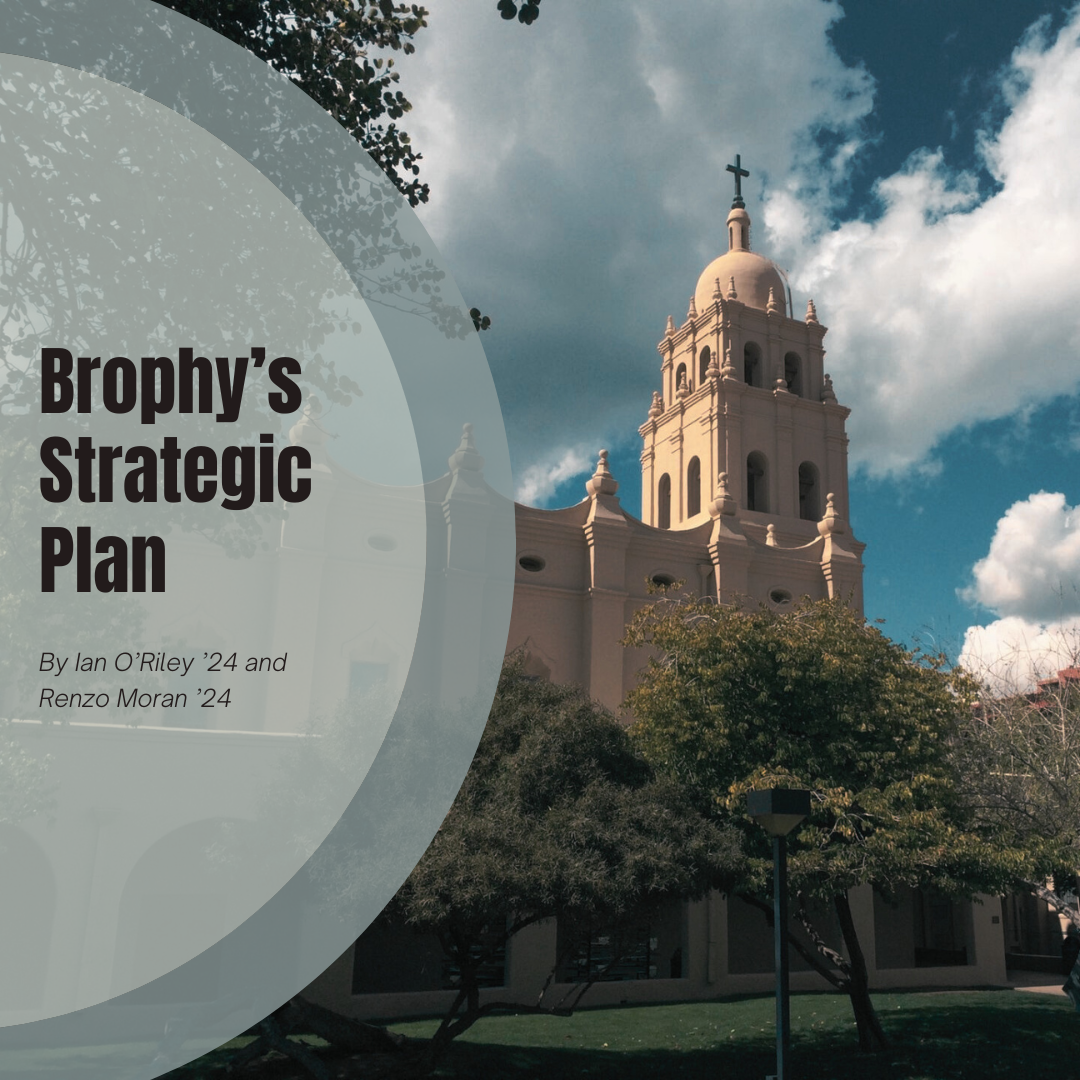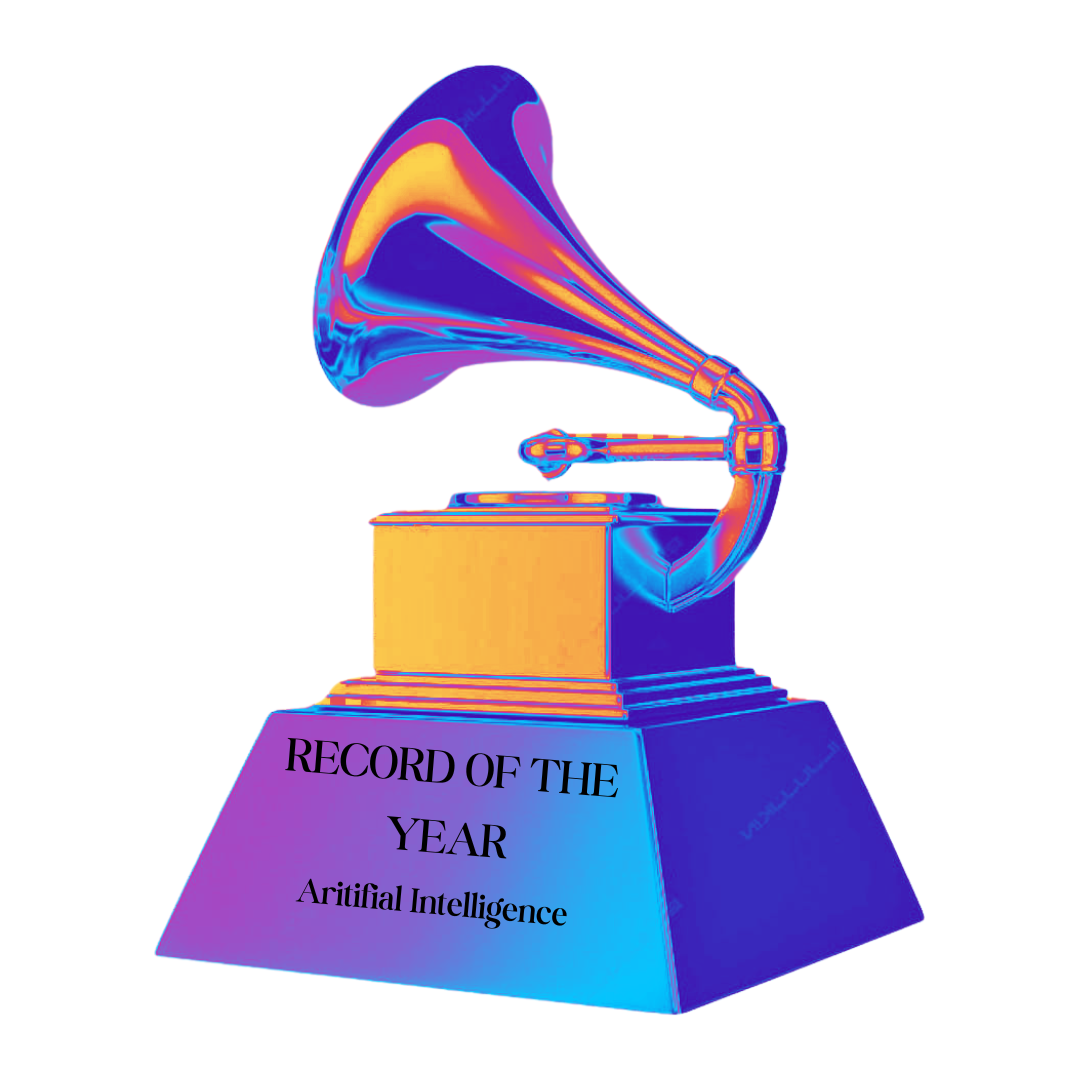By Aakash Jain ’14
THE ROUNDUP
The Democratic and Republican parties’ domination of the U.S. political landscape has been an accepted reality for the preponderance of most Americans’ lives.
Such a model allows for little diversity in government representation, in spite of the persistent, occasionally influential, bids of perennial candidates.
Nonetheless, despite the clear shortcomings of a two-party system, voters have historically been presented with well-defined ideological contrasts on Election Day, or at least had some sort of decision to make beyond cynical party loyalties.
The upcoming presidential election however will fail miserably to uphold this already limited tradition.
This November, the incumbent President Barack Obama and likely Republican nominee Mitt Romney, despite their rigorous efforts to disprove this reality, will campaign on platforms nearly identical to one another.
In fact, though they generate enthusiasm from relatively disparate demographics, the Democratic and Republican parties, aside from a few minor issues, very much stand in solidarity.
Romney’s stump speeches and debate performances exude criticisms of Obama and his policies, but he himself reflects most of his key tenets. Whether that is good or bad each individual may determine for himself.
Romney implemented socialized healthcare as governor of Massachusetts and supports “government-endorsed” business.
He defends selective taxation, a preemptive war with Iran, the Patriot Act and a cold war with Cuba. The list goes on and on.
Mainstream politics is unanimous in its absolute support for belligerent foreign policy, abundant spending and cumbersome federal intervention in the economy.
As a result of this ideological amalgamation, voters will rather unfortunately elect a president this November not based on his political platform but instead by the color of his tie or the strength of his rhetoric.
Andrew P. Napolitano, a fomer political analyst for Fox News, addressed this issue in a recent column: “What if Democrats and Republicans were two wings of the same bird of prey? … What if no matter who won an election, government stayed the same? … What if both parties supported welfare, war, debt, bailouts and big government? … What if the biggest difference between most candidates was not substance but style?”
For better or for worse, Americans had better get used to the status quo because “change,” no matter how ardently we’re promised otherwise, is not in our near future.





























